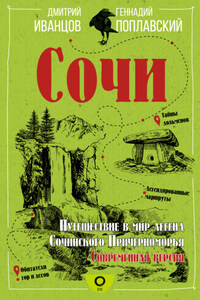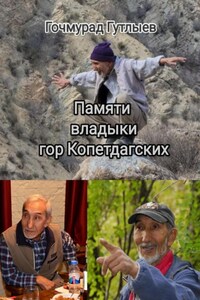‘I have an idea.’ I was on the phone to my great friend, Ollie. ‘It’s a little extreme, but I think you’ll like it.’
Ollie and I had been friends for so long that neither of us could quite remember when or where we met. Suffice to say it would have been drunken, at university, about fifteen years ago. We had a shared appreciation of the night, of the world and of the new; especially new chocolate products. Well, today, I had something new for us to try and it wasn’t edible.
‘Let’s go couchsurfing.’
Couchsurfing was not, as might reasonably be assumed, synonymous with bed-hopping, or being a couch potato, but was the name for a one-million-member strong, international ‘hospitality exchange’ website, connecting people who wanted to stay in other people’s homes around the world with people happy to host them; it was like one big notice board. When I’d been abroad before, I had always longed to have tea with a local, or be invited to a party. I’d done some home stays and had once gatecrashed a house party in Berlin after seeing it spilling out of a high window, but when it came to talking to the natives I suddenly felt stuck. Couchsurfing seemed like the ideal mediator.
If Ollie agreed, couchsurfing would become the theme of a ten-week trip to Russia, China, Mongolia and Kazakhstan (Kazakhstan alone boasted an impressive 124 couches). We were both drawn by an irresistible call to the East, intrigued by societies in varying degrees of ‘post-communism’, and for two years had been discussing planting our flags on what was over one-fifth of the globe’s landmass. We wanted to unpick the world’s largest country (Russia) and most populated nation (China) from the media myths they’d been reduced to—couchsurfing promised the inside track.
No more homogenous hotels for us, no more formulaic checklists and guidebook dependence deadening the whole experience. Couchsurfing presented a timely switch from passive observation to participation—we’d be hearing the truth, whether settled around the kitchen table, lounging naked in the Russian banya, or relaxed and disarmed on the sofa. And what an apt metaphor the couch was for a warm welcome. Wasn’t couchsurfing what holidays were waiting for?
Couchsurfing was founded in 2004 when an American, Casey Fenton, spammed about 1,500 Icelandic students asking them to let him stay. He was inundated with replies, and the idea became a phenomenon. There were devotees who’d sold up everything they owned to couchsurf the world, and couchsurfers offering ‘couches’ in virtually every country across all continents, from Antarctica to Zimbabwe, where a ‘couch’ could be a bedroom, a garden, a corner of the floor; or even just a couch. And all for free: how timely during these locust years.
With the average age of a couchsurfer standing at twentyseven, couchsurfing was something of a Generation Y game, but it was by no means exclusively so. There were over two hundred surfers between the ages of eighty and eighty-nine—free spirits didn’t become less free with age, if they could help it.
‘Sleeping in strangers’ houses? Couldn’t think of anything worse.’ That was the general reaction to my plan, but Ollie was up for it.
‘Cooool!’ he said boyishly. ‘It’ll be like The Hitchhiker’s Guide to the Galaxy. Arthur travelled through time and space on his irrational sofa.’
But Ollie was no Arthur, no stranger to exploration: worldly, courageous and blessed with a preternaturally sunny spirit, there wasn’t a better travelling companion to be had.
Ollie had established himself an enviable modus vivendi. A freelance ad exec, he earned a handsome wedge for six to nine months of the year, and then travelled on a shoestring for the remainder, photographing his experiences. What he really wanted to do was find more, bigger, better Kodak moments and snap them all—couchsurfing was surely going to throw up some intriguing material for him. I, meanwhile, was a wage slave, a features writer for the








